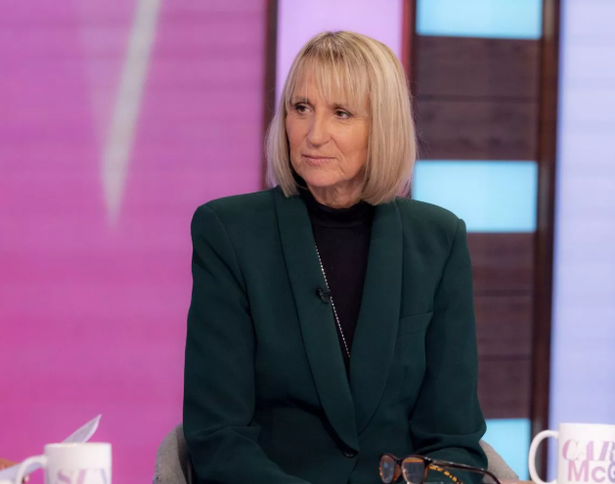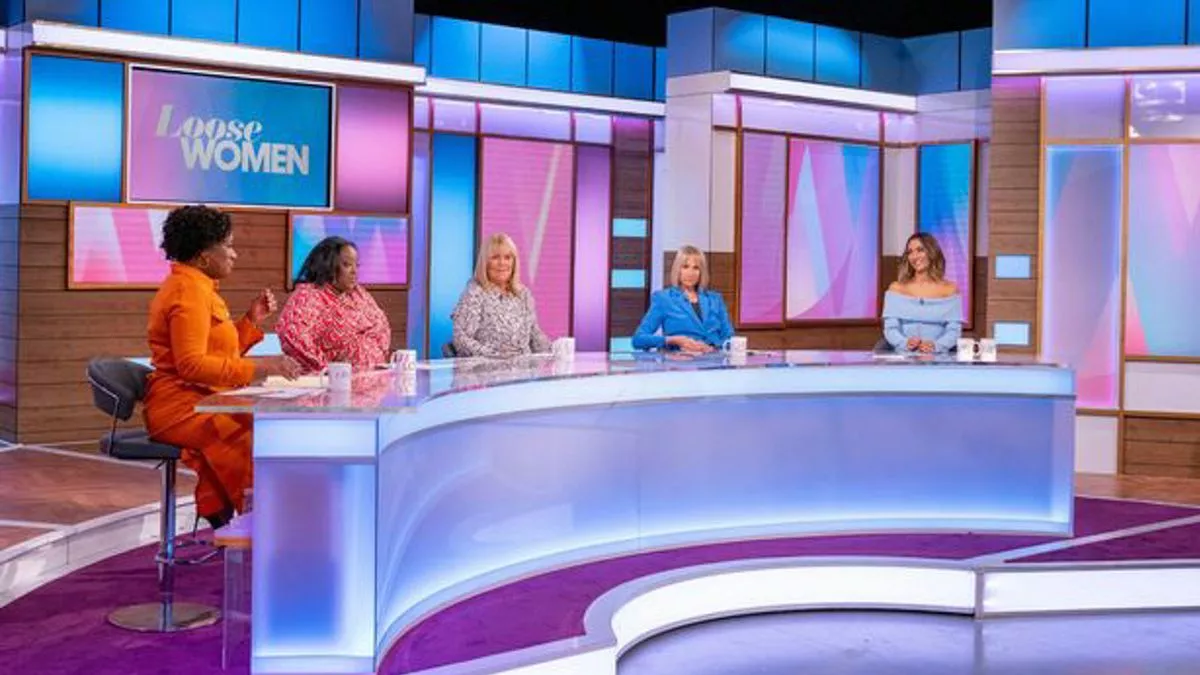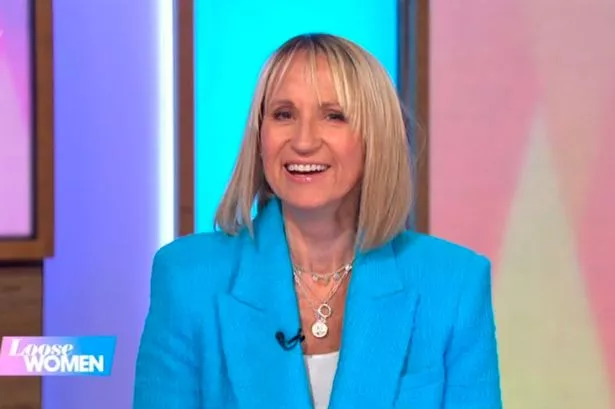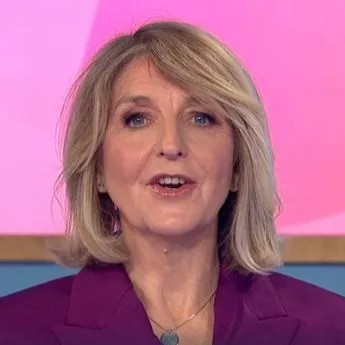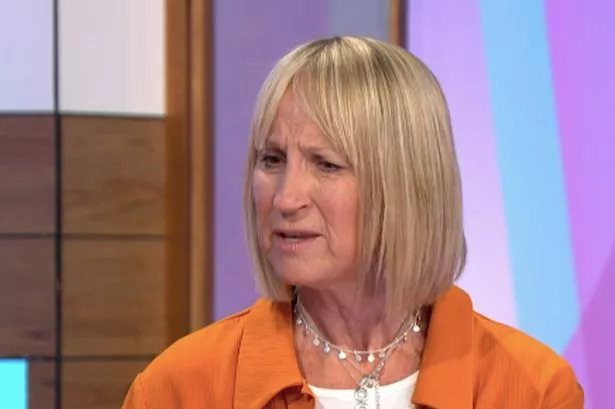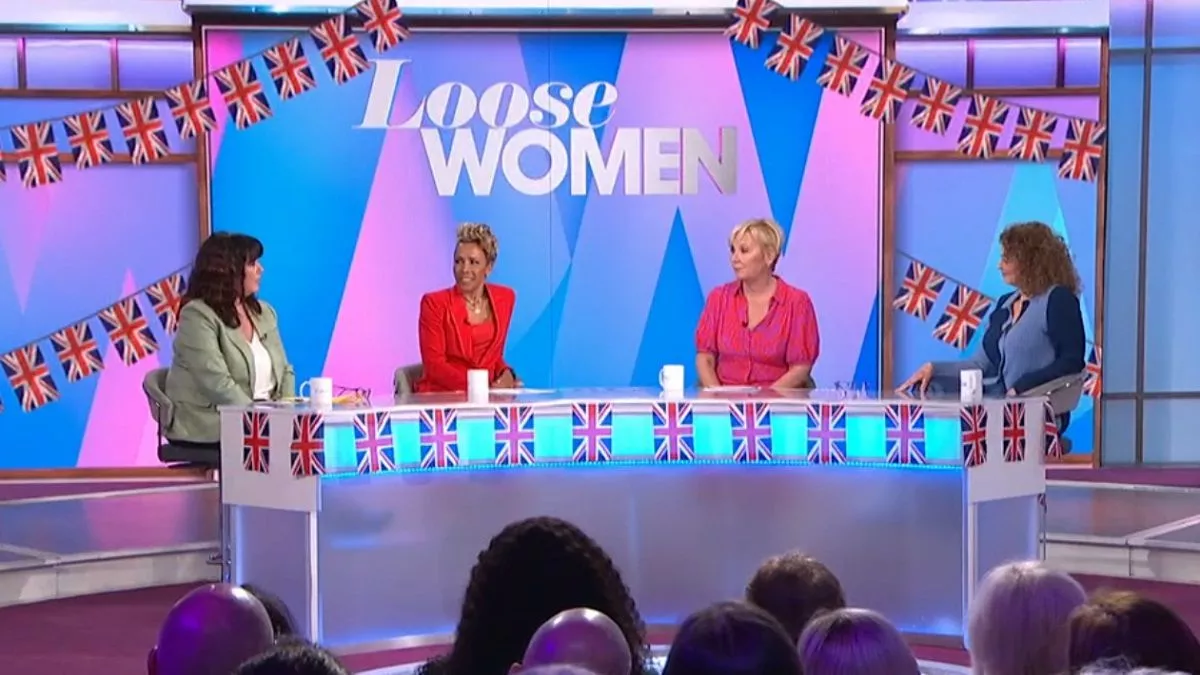Loose Women Star Admits ‘I Always Loathed It’ as She Shares Major Issue with ITV Show
Carol McGiffin, a prominent former presenter on the popular daytime talk show *Loose Women*, has made headlines by openly criticizing ITV’s enforced dress codes during her time on the program. McGiffin, who had two significant stints on the show, first from 2000 to 2013 and then returning from 2018 to 2023, has never shied away from sharing her strong opinions about her experiences on the show. Recently, she has shed light on how certain policies regarding presenters’ clothing negatively impacted her time there.
The Burden of Dress Codes
In a candid interview, McGiffin explained the exhausting nature of the stringent dress codes that the show imposed on its presenters. The enforcement of these codes included rules that dictated specific styles and even prohibited looks such as “no arms on show.” For McGiffin, these restrictions made her uncomfortable and stifled her personal expression. She lamented the pressure that came with adhering to strict style guidelines, which at times felt forced rather than a reflection of her authentic self.
The former *Loose Women* presenter voiced her dismay regarding how these dress codes often led to garments being discarded after only a single wear, which contributes to the broader issue of fashion waste. McGiffin highlights that while the show aimed for cohesive styling, the underlying environmental impact of such policies should not be overlooked. This perspective resonates with many viewers and industry professionals who are increasingly becoming aware of sustainability in fashion.
Feeling Out of Place
As she reflected on her departure from *Loose Women*, McGiffin candidly acknowledged a growing sense of disconnection from the show’s evolving culture. She stated, “I don’t regret leaving… I’d rather not be on a show that panders to [offense]. It’s boring.” Her words resonate with a segment of the audience who feel similarly disenchanted with media spaces that enforce rigid standards of conduct and expression.
Despite stepping away from the show, McGiffin maintains a connection with a few of her former co-stars, such as Denise Welch and Kaye Adams. However, she has admitted that her interests and values align less with many others on the program. This divergence highlights the broader theme of how personal expression is sometimes sacrificed for a perceived sense of unity within the entertainment industry.
A Call for Change in the Entertainment Industry
McGiffin’s critiques of *Loose Women* extend beyond her personal grievances; they reflect a wider conversation about personal expression, sustainable fashion, and the changing dynamics within daytime television. Her experiences point to a significant issue within the industry: how enforced standards often limit authentic representation and prevent talent from showcasing their individuality.
As viewers consume more media, there’s a growing demand for authenticity and relatability in programming. McGiffin’s candid critique serves as a reminder of the importance of allowing presenters to express their style and personality freely. With the entertainment landscape continuously evolving, there’s hope that networks will consider the voices of those like McGiffin who advocate for positive change, both in terms of personal expression and environmental responsibility.
The conversation surrounding clothing guidelines and sustainable practices in television is one that has only just begun. Fans and critics alike will be watching closely to see how ITV and similar networks evolve in response to the shifting expectations of their audiences.
In reflecting on her experiences, Carol McGiffin not only empowers herself but also encourages others in the industry to advocate for their comfort and sustainability in fashion. As we navigate this changing media landscape, it’s essential that we embrace and promote authenticity, ensuring that everyone has the freedom to express who they are—both on and off the screen.
